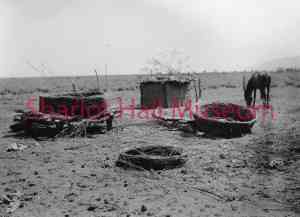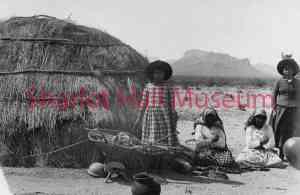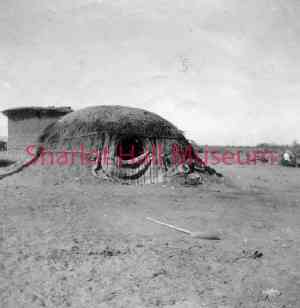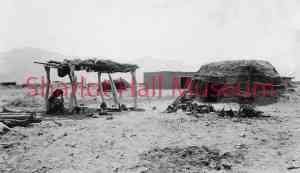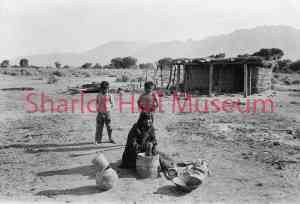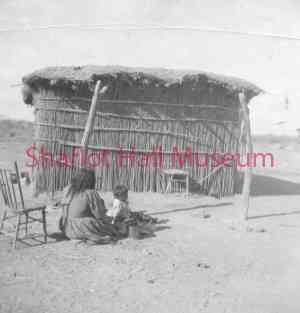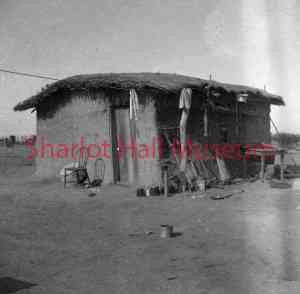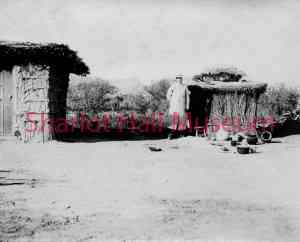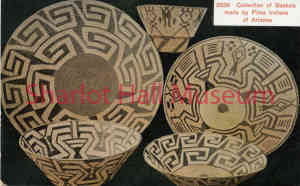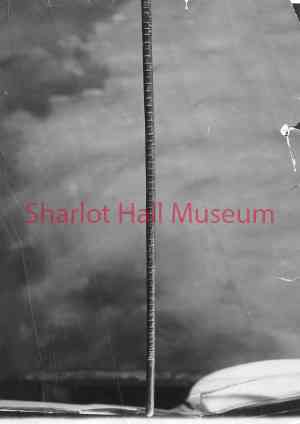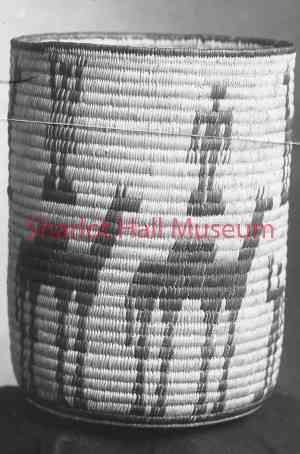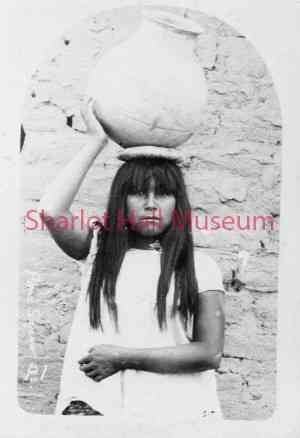Pima Indian Twined Storage Baskets
Indians - Pima
4X38X8
-
1507-1303-0000
-
1507-1304-0001
Pima Indian Women Outside a Wickiup
Indians - Pima -
1507-1304-0003
Pima Indian Wickiup
Indians - Pima -
1507-1304-0004
Pima Indian Wickiup and Ramada
Indians - Pima -
1507-1305-0002
Pima Indian Woman Grinding Corn
Indians - Pima -
1507-1305-0005
Pima Indian Reservation
Indians - Pima -
1507-1305-0006
Pima Indian Home
Indians - Pima -
1507-1305-0007
W. Scott Smith at a Pima Indian Reservation
Indians - Pima -
1507-1306-0001
Pima Indian Woven Baskets
Indians - Pima -
1507-1306-0002
Pima Indian Rod
Indians - Pima -
1507-1306-0004
Pima Indian Woven Basket
Indians - Pima -
1507-1307-0000
Pima Indian Woman with Olla on Her Head
Indians - Pima



